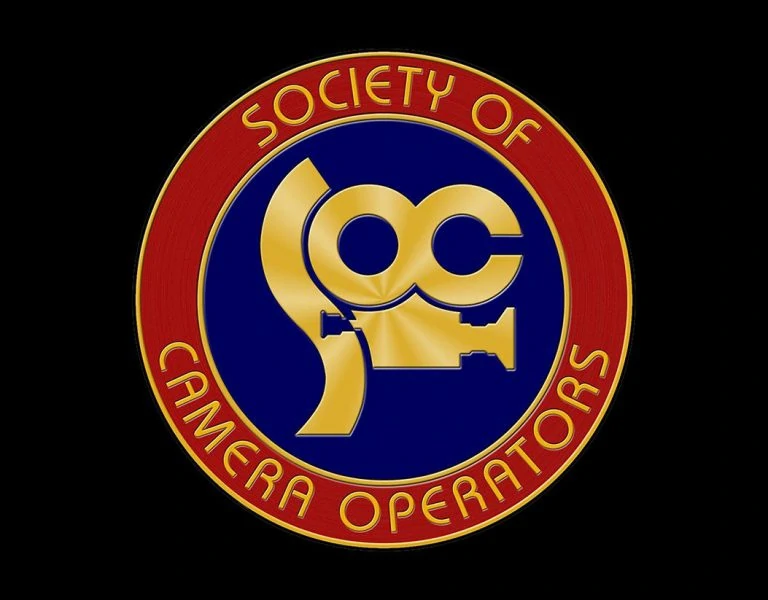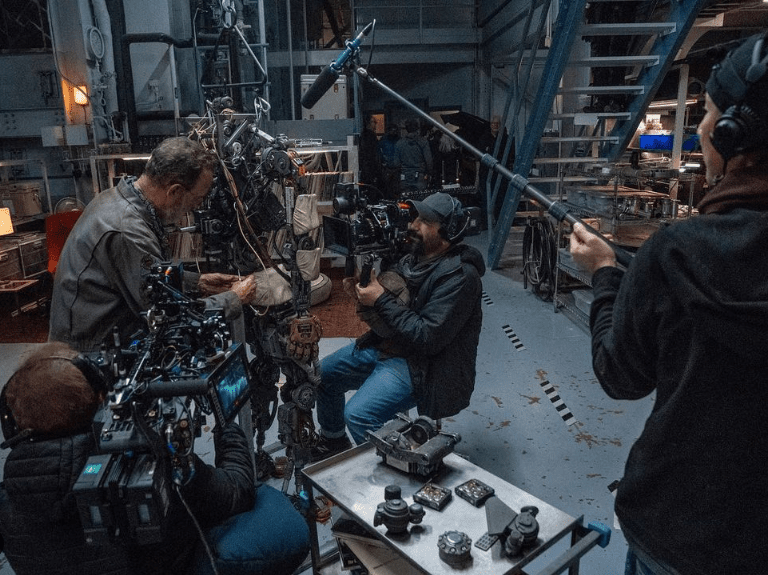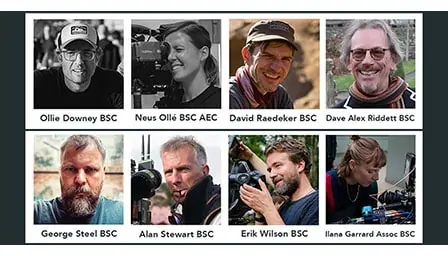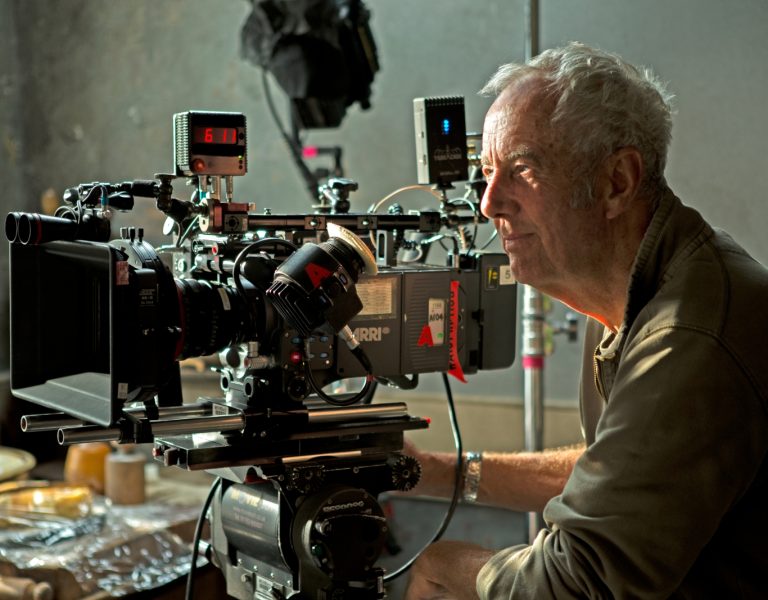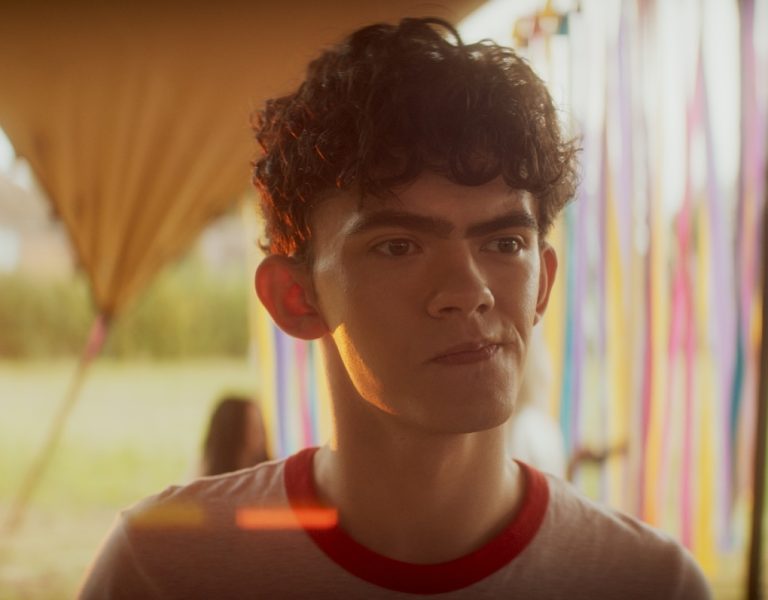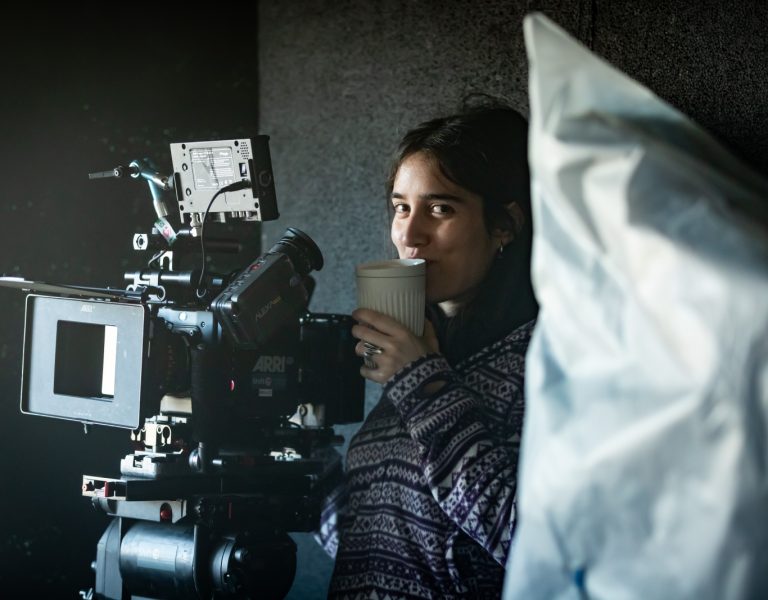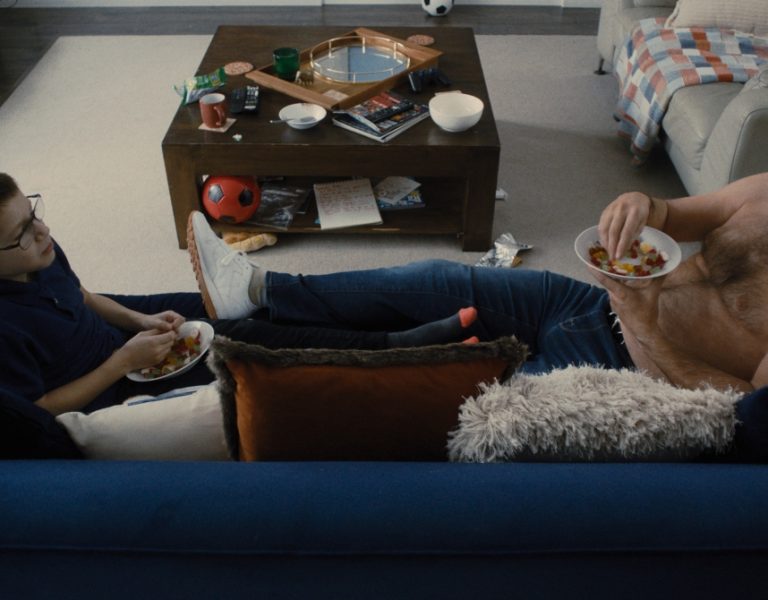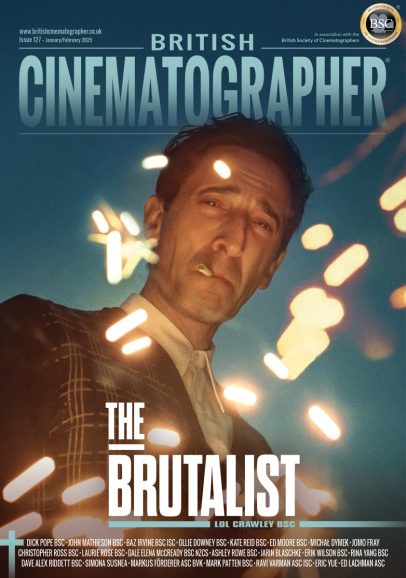PASSION FOR THE CRAFT
Selected filmography (as camera operator, unless otherwise stated)…
The Man Who Fell to Earth (TV series) (camera operator/Steadicam operator) (2022)
The Bubble (Camera operator/Steadicam Operator) (2022)
Death on the Nile (B camera operator (2022)
Belfast (Steadicam operator) (2021)
Outlander (TV series) (A camera operator/Steadicam operator) (2014-2019)
Death of a Farmer (Cinematographer) (2014)
Wayland’s Song (Cinematographer) (2013)
Green Street 3: Never Back Down (B camera operator/Steadicam operator (2013)
Amina (Cinematographer) (2012)
Silent Witness (2012)
New Town Killer (2008)
Waking the Dead (TV series) (camera operator/cinematographer) (2001-2011)

What inspired you to become a camera operator and cinematographer? Did you always want to work in film?
My inspiration to become a camera operator and cinematographer came at an early age from watching Charlie Chaplin, Harold Lloyd, Buster Keaton, Laurel and Hardy films, and then later, films like Ridley Scott’s Alien, Blade Runner, Kurosawa’s Ran and many more.
Who or what are your biggest inspirations or mentors?
I take great inspiration from fellow members of the ACO and the SOC. Their skill and execution are of the highest order, especially as I know what we have to do to consistently produce the goods.
How and where did you learn the craft?
I learned the craft of camera operating firstly at the BBC. I started out as a trainee camera operator in their TV studios in London. Naturally, I have continued to hone my craft and to learn from others throughout my career. I try to take courses and I set myself a target of doing research every year too.
How did you get started in the industry and what was your career progression?
After my BBC career, I had built up enough skill and experience to try my hand as a freelance camera/Steadicam operator, working mostly on scripted TV drama on 16mm film. Naturally, this migrated onto digital capture. I also shoot 2nd unit on film or digital for DPs that want it, also as DP in my own right on a number of low-budget and short films.
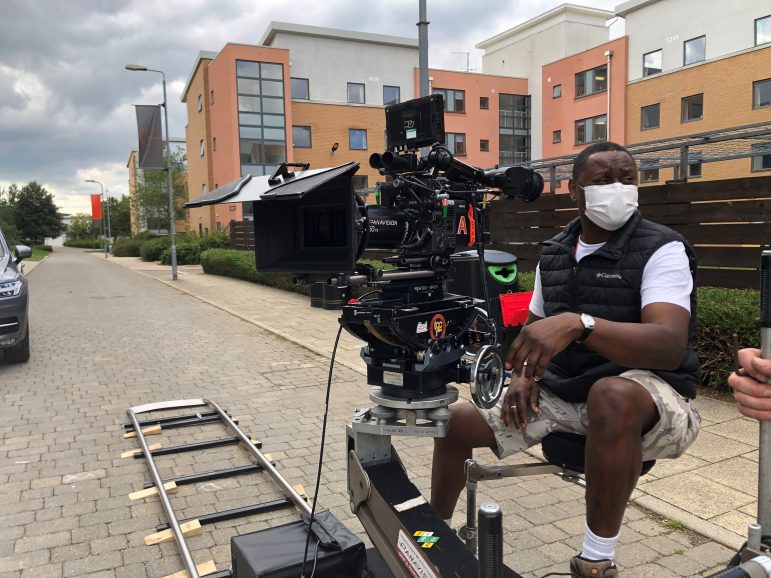
What would you single out as your big break?
My big break was on a TV film drama called Waking the Dead. It was shot on S16 film and ran for nine seasons. As a popular and established production, it had the confidence to try some very innovative things and the producers were very open to suggestions. For example, I was DP on four of the two-hour episodes and in one of those episodes, I wanted to shoot a fight scene head impact with 35mm stills cameras. I had Kodak load 150 rolls of 35mm motion picture film stock into 135 canisters that would fit into five Nikon F5 stills cameras that were triggered simultaneously.
What do you believe are the key qualities of a star camera operator?
Some of the key qualities of a successful camera operator are skill, organisation, openness, the ability to communicate, and diplomacy.

What is at the heart of a successful camera operator/DP relationship?
The heart of the operator/DP relationship is one of trust and protection. I would always want to protect my DP from the slings and arrows that are projected in his or her direction. It might be asking an actor/actress to turn a certain way to favour the light the DP has specified, or it could be ensuring the DP is kept in the loop of ALL decisions that are communicated to me, for example.
What role do you believe standout camera operation plays in enhancing a production?
Standout camera operation plays a vital role in enhancing any production. Having a skilled operator multiplies creativity on set. As operators, we experience many different directors and DPs, so we are able to bring many ideas to the creative table.
On many productions, there are multiple cameras deployed, so the DP cannot operate all of them. The DP is freed up to concentrate on directing the photography.

Which have been your favourite productions to work on? Which are you most proud of?
I loved working on Sir Kenneth Branagh’s film Death on the Nile. I was B camera operator, with Luke Redgrave ACO on A camera and Stamos Triantafyllos on Steadicam. It was a big film with big sets, big actors, shot on 65mm film and with the genius DP Haris Zambarloukos BSC GSC.
I was A camera/Steadicam on Showtime’s The Man Who Fell to Earth which was a very ambitious sequel to the 1976 film starring David Bowie. The lead DP, Tommy Maddox-Upshaw ASC, is a genius and painted the story with skill and artistry. DPs Balazs Bolygo BSC HCA and Adam Gillham followed Maddox-Upshaw and made the production a fabulously creative experience that was a privilege to contribute to.
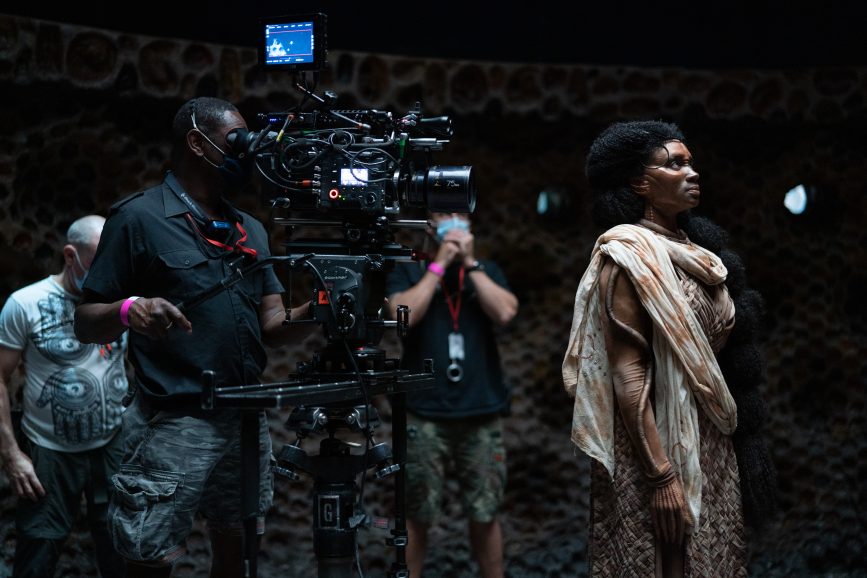
What is one of your most treasured on-set memories?
One of my treasured on-set memories was a sequence on Death on the Nile. A dance sequence required actress Annette Bening to hit a particular spot at a certain moment for my camera.
After drawing a square on the floor with camera tape, she asked me to demonstrate, so I took her arm and we danced on the floor, mimicking what we needed her to do, much to the amusement of Sir Kenneth and the rest of the crew and cast.
What is your must-have piece of kit and why?
My must-have piece of kit has become my iPad. I keep all my set plans on it as well as scripts. I also use a suite of apps like Nic Sadler’s Artemis Pro and Hollywood Camera Work’s Shot Designer.
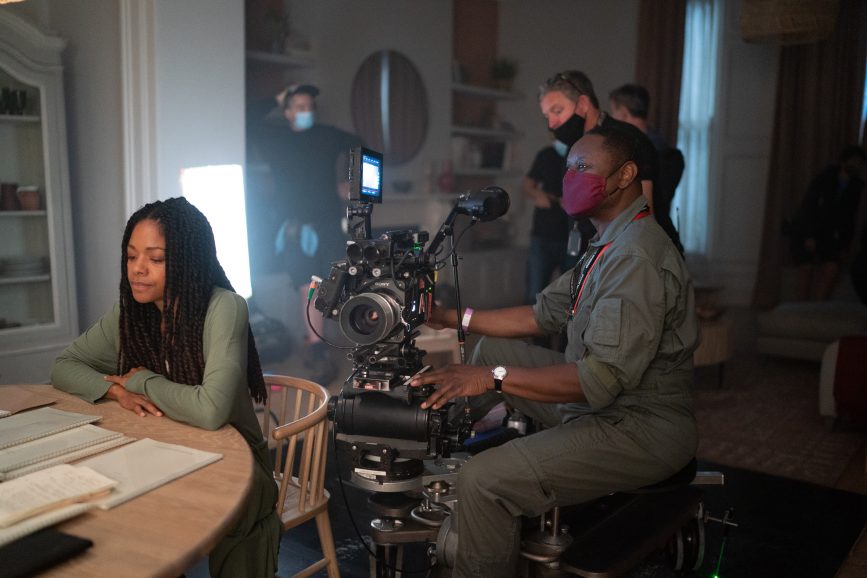
How do you keep up with the latest technology? What new innovations have you been impressed by?
I try to keep up with all the latest technology and techniques. I communicated at length with a Texan company who are developing the SiSU motion control system. Their rate of progress is staggering, and they’ve come up with a fantastic UX.
What do you enjoy most about your job?
The most enjoyable aspect of the job is the variety and creativity.
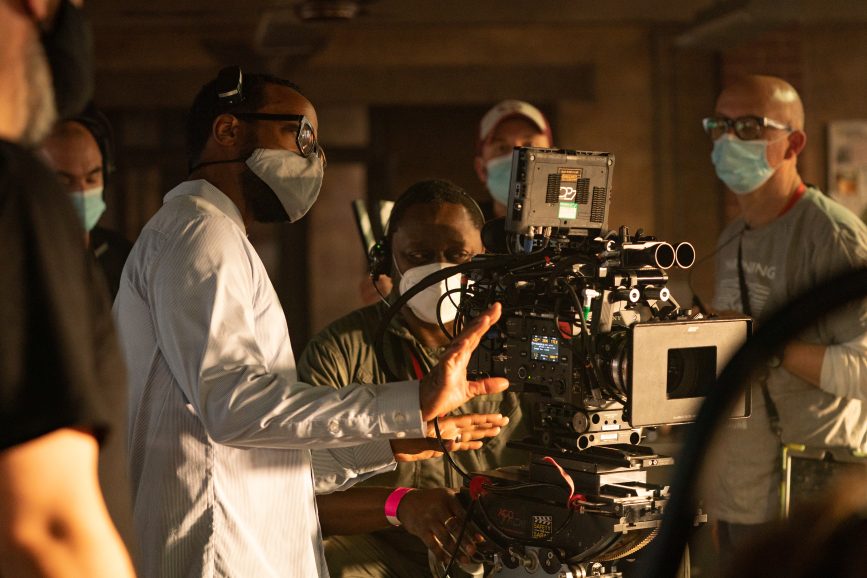
What are the biggest recent changes you have seen in the world of camera operation or filmmaking?
One of the biggest recent changes is much more use of remotely operated camera systems including drones.
What advice would you give aspiring camera operators and cinematographers?
The best advice I would give to aspiring operators and cinematographers is to keep an open mind and look for innovation outside of as well as inside the film and TV industries.
What are you currently working on?
I am currently day playing until the next “big one” comes along. In the meantime, I am reading and researching.

Sir Franz Pagot AIC OMRI MBKS says…
“Andrei is one of the best camera operators I have had the pleasure to work with, he is just a brilliant pro and a fantastic human being. Highly recommended.”
Mike Spragg BSC says…
“One of the best operators in the industry both on Steadicam and as an A camera operator. I also trust Andrei to light my 2nd Unit and he has achieved great work himself as a DP.”
James Welland BSC says…
“Andrei is friendly, helpful, professional, diplomatic, and very good at his job.”





